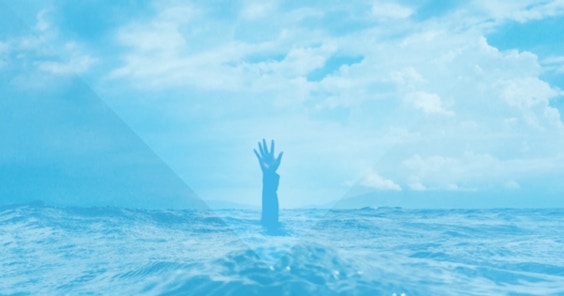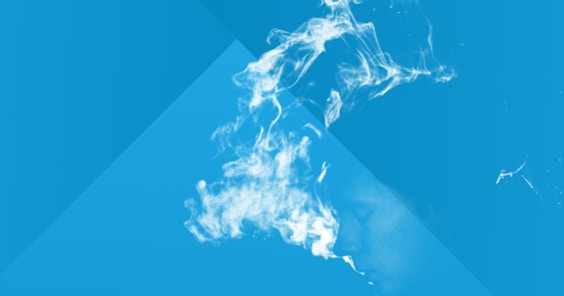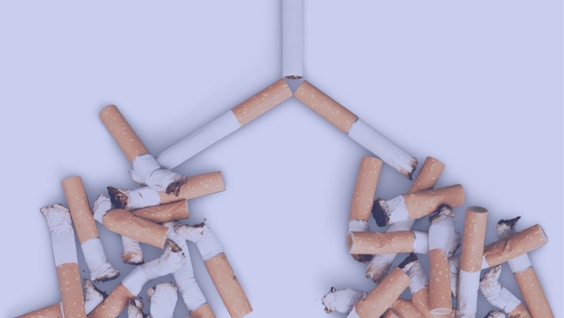I Am Sober is a free app that helps you get some control back in your life.

Is Addiction A Disease?
Last Updated: Tue, January 23, 2024Is addiction a disease or a choice? The answer to this question has plagued many addicts, doctors, and advocates especially with the gross amount of misinformation out there – I’m looking at you, internet. The short answer is “it depends on who you ask,” but here’s a brief rundown of the associations that believe addiction is a disease:
The American Medical Association (AMA) recognized “alcoholism” as an illness in 1956 and “addiction” as a disease in 1987 National Council of State Boards of Nursing. The National Institute on Drug Abuse (NIDA) also classifies addiction as a disease, labelling addiction as “a chronic relapsing disease that is characterized by compulsive drug seeking and use, despite harmful consequences” (DrugAbuse.gov). Basically, it rewires the brain, creating an imbalance of the reward, motivation and memory systems.
None of these are meant to be discredited, but there are so many medical boards, committees, and organizations out there that disagree. And to be clear, a disagreement does not mean they don’t believe addiction and drug use is a problem, only that the term “disease” is not appropriate. As a result, the word “choice” is sometimes used.
Is Addiction A Choice?
In that regard, it’s true that the first use of any drug is a usually a choice. It’s true that before someone becomes an addict, they need to have taken the drug voluntarily. That’s true before addiction and it’s true in recovery; the first fix or their first drink is a choice – and anything after that is pretty much a blur. With that in mind, recovery in and of itself is a choice. The choice to get sober. Even that choice however is usually the last one and it’s usually made for us (i.e. court-mandated), but it is a choice.
That said, some turn to reports of addicts who wind up in jail and manage to overcome the addiction. Granted, they’re cut off from their supply, but it happens. There have also been some interesting studies on rats that showcase how depressed rats are more susceptible to drugs whereas social, happy rats are not which would seem to imply it’s less a matter of being helpless and more environmental.
Some believe that “disease” oversimplifies addiction, and unnecessarily so. It creates a binary choice; by saying it is one thing and not another, it gives a false sense of security that it’s something known or understood. Truly, what happens when you’re addicted is “you don’t know” and that’s the scary part. Take alcohol for instance. Someone suffering from an alcohol addiction loses the ability to make rational thoughts, and yet they “rationalize” why they don’t have a problem. When you lose rational thought, you don’t know you’re irrational; in the same way a crazy person doesn’t know they’re crazy.
Is Addiction A Disease Or Choice?
Here’s what’s not argued. Substances (such as alcohol, meth, other stimulants, etc.) have different effects on people. Genetics play a role in someone’s likelihood to become addicted to something (anything), and substances can create a dependency. The body and the brain – as many street drugs directly affect the central nervous system – can develop a dependency on the substance. All drugs feed the “rewards” part of the brain, and the immediate gratification from the drug becomes sought after which can replace the need for long term planning and goals. Hence why someone may quit showing up to work or hurt the ones they love. Again, this is something that’s verified and understood in the brains of addicts.
But what should it be called? Because when the question inevitably arises, is addiction a disease or a choice? The answer sounds like a non-committal “both.” This is where Marc Lewis Ph.D. comes in. Lewis told The New York Times, “There has been a raging debate as to whether addiction is a disease or a choice, but I see this as a false dichotomy.”
Marc Lewis On Addiction
“Disease” tends to rule out neuroplasticity or the brain’s natural ability to adapt and change. “Disease” is recognized as an end state; a problem that cannot be reversed, changed or corrected. For instance, Alzheimer’s Disease.
Neuroscientist Marc Lewis holds the opinion that addiction is a “disorder or even pathological.” You may argue, what difference does it make if it’s a disease or disorder? But Dr. Lewis has an answer for that too, “If you have a disease, you’re a patient. If you’re a patient, you take instructions from your doctor and do what you’re told… If you get into rehab, you’re putting yourself in somebody else’s hands, but the best way to combat addiction is through setting goals for yourself” (TheGuardian, 2015).
Some people agree with that sentiment even if they believe it’s a disease. Staunch advocates in rehabilitation centers believe in after rehab treatment in the form of goals, routine changes and a support system as the stays at rehab are not enough to battle a lifelong disease.
The Verdict
Addicts have a very different brain chemistry from non-addicts, but disease might be the wrong term. This doesn’t mean the right term is choice either, but something unique. Even today, the medical diagnosis for alcohol addiction is “Alcohol Use Disorder” (AUD), but that has been changed in the last 5 years; prior to that it could’ve been a behavior or classified as substance abuse.
The part everyone agrees on is that addiction is a problem that needs to be addressed and if that means altering how we discuss and think about the problem, then we need to take the initiative.
I Am Sober is a free app that helps you get some control back in your life.




